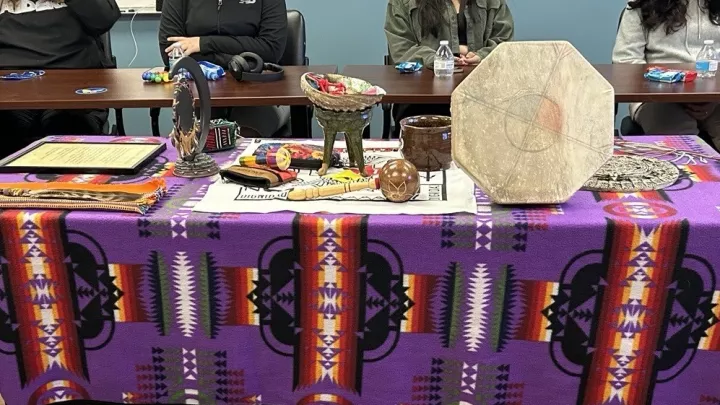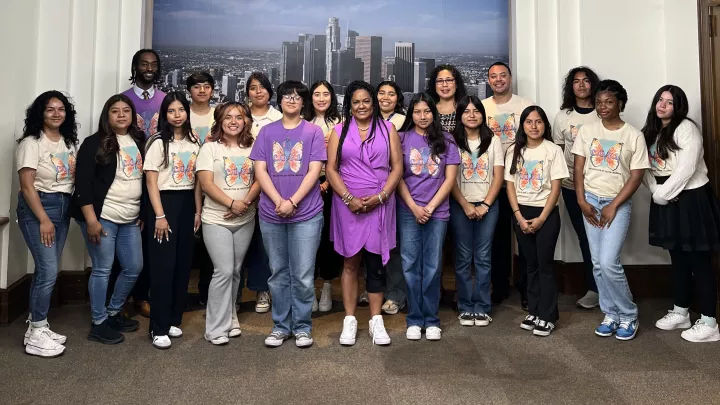Guiding Principles of the Division of Adolescent and Young Adult Medicine
- We are committed to comprehensive health care and programming that is client‐directed, sex‐positive, and celebrates that young people have the agency to make health decisions for themselves and their children.
- We believe in the importance of working toward sustainable improvements and growth that support equity and anti‐oppression; address health disparities caused by systems informed by white supremacy; and support the overall health and well‐being of young people, specifically Black, Indigenous and Youth of Color (BIYOC).
- We acknowledge and commit to increasing awareness that oppression and white supremacy are historically and currently intentionally embedded into our medical and care systems and professions. We are dedicated to combating and deconstructing these long‐standing aspects of our collective existence.
- We believe in the inherent resilience, autonomy, and capacity of young people to define and achieve their goals and navigate life challenges ranging from individual stressors, such as adverse childhood experiences (ACEs), to societal stressors/challenges that commonly include systemic oppression.
- We are committed to creating and maintaining trauma‐informed safer spaces for young people, staff, trainees, and faculty, where they can express who they are without fear of bias and discrimination. Trauma‐informed care specifically includes engagement with young people with the intention of nurturing healing, recognizing that anti‐blackness in our space is a barrier to necessary healing, and working toward creating and maintaining safe spaces for all Black young people, staff, trainees, and faculty.
- We affirm queer and trans identities and the intersectionality of youth identities. We foster a queer‐affirming network and act with the intention of freeing ourselves from hetero‐ and cis‐normative thinking.
- We value reflective learning and cultural humility as core strategies for personal and professional growth and un‐learning the way we have been complicit and explicit in maintaining white supremacy and intersecting oppressions, including but not limited to cisheteronormativity, adultism, and elitism.
- We acknowledge that systemic racial oppression, white supremacy, and white privilege play a prominent role in society. We acknowledge that if we are not Black, we are socialized to navigate the world with anti‐blackness and white supremacist attitudes.
- We commit to engage in both restorative justice and social justice approaches to address missteps, learn from mistakes, be accountable, and focus on truth and transparency.
- We value the contributions of lived experience and the voices of historically and currently marginalized communities and use these experiences to inform, direct, and create collaborative and culturally congruent research, programming, training, and services.
- We commit to recruiting, hiring, and retaining Black, Indigenous, and People of Color (BIPOC) as staff and faculty, specifically Black identified staff and faculty. We view diversity in cultural identities as an area of professional expertise. We commit to professional development of our BIPOC colleagues, upward mobility, and representation in leadership positions.
- We practice cultural humility and seek to develop respectful partnerships with youth and their communities and to explore similarities and differences between the community and funders’ priorities, goals, and capacities. We are committed to taking action to align with the values of the communities we serve.
- We are dedicated to creating and sustaining intentional relationships with youth, families, community members and leaders, other professionals, providers, and national advocates to better address health inequities.
- We strive to cultivate an intergenerational and communal network free from ageism and adultism. We believe that all people, regardless of age, show up with the capacity to lead and learn.


